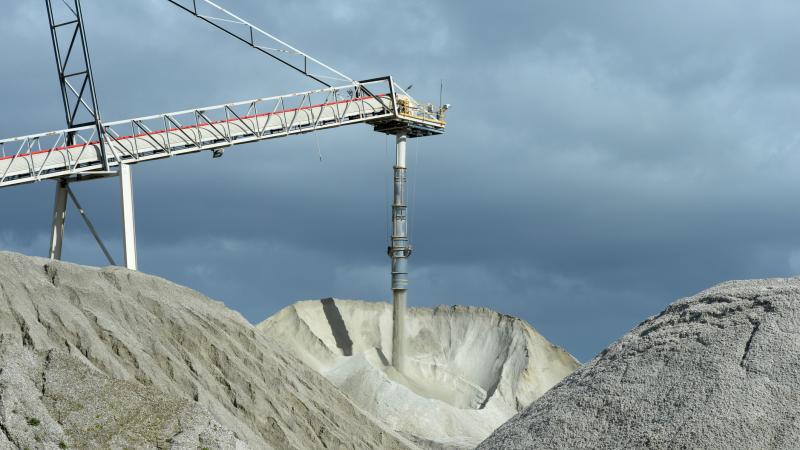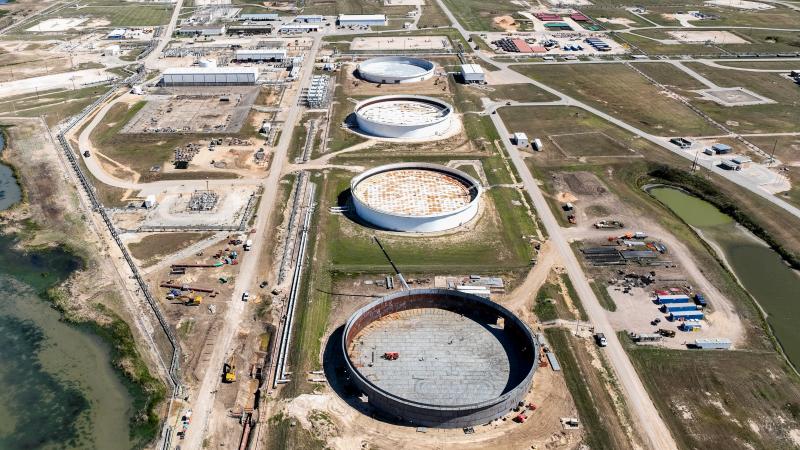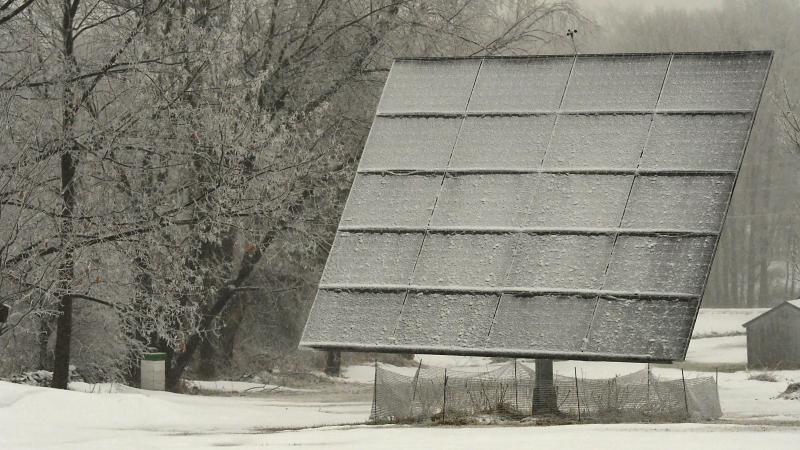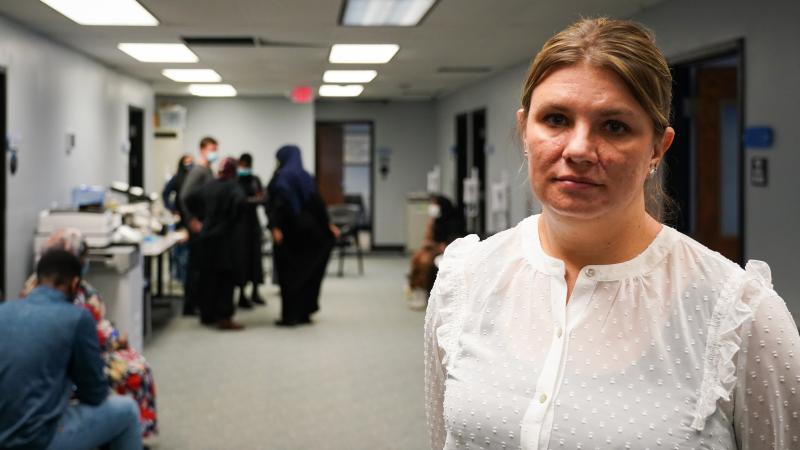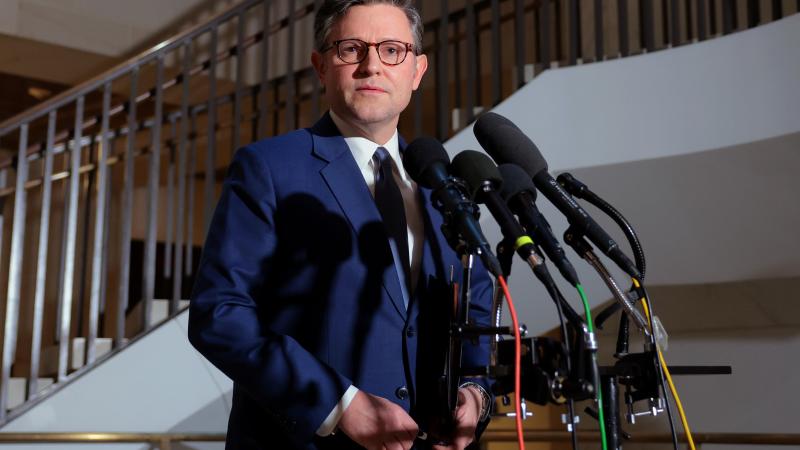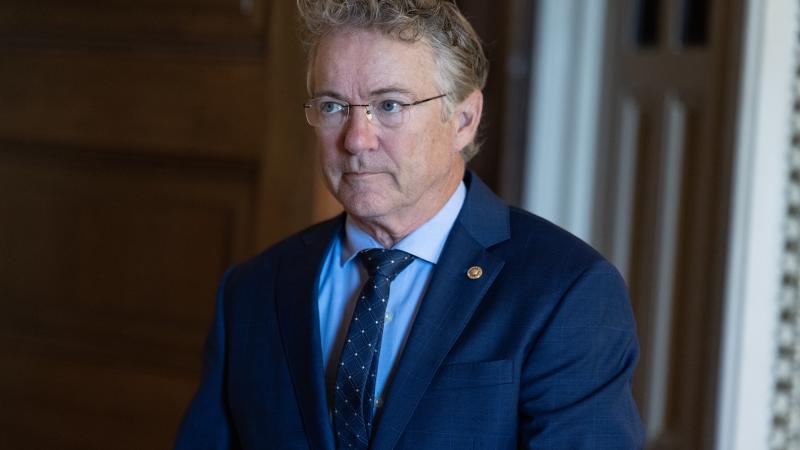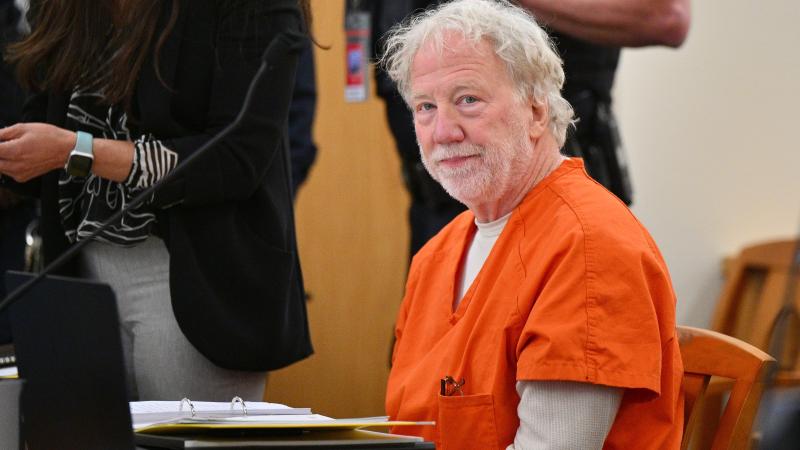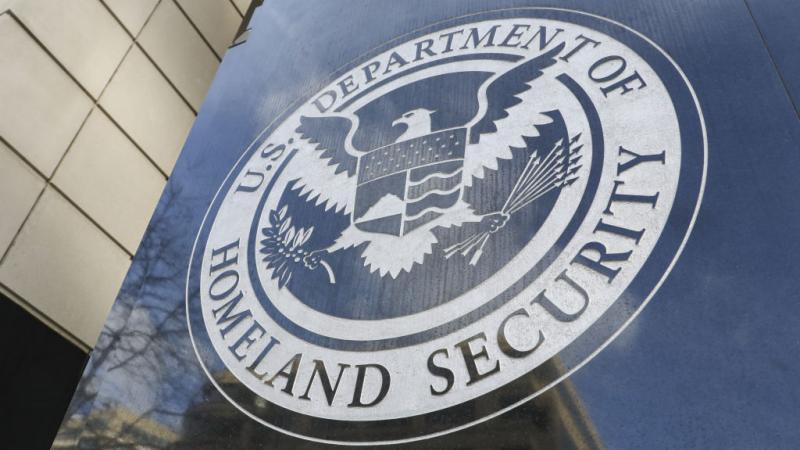Potential ruling could expand PSC oversight of Louisiana’s oil and gas terminals
At the center of the case is Rosefield Fourchon Operating, LLC, which operates a crude oil storage facility at Port Fourchon. Rosefield argues its operations involve only storage and metering services, not pipeline transportation, and therefore fall outside of the LPSC's jurisdiction.
(The Center Square) -
(The Center Square) − The Louisiana Public Service Commission could dramatically expand its reach over the oil and gas industry next month when it rules on a high-stakes dispute over the regulation of crude oil storage terminals.
If the LPSC allows a recent administrative ruling to stand, it would extend the commission's regulatory authority to cover terminal storage facilities — assets that for decades have operated outside the scope of Louisiana's utility regulators.
After hearing oral arguments at its April 24 meeting, the commission deferred a vote until its next session on May 21.
At the center of the case is Rosefield Fourchon Operating, LLC, which operates a crude oil storage facility at Port Fourchon. Rosefield argues its operations involve only storage and metering services, not pipeline transportation, and therefore fall outside of the LPSC's jurisdiction.
Federal regulators agree. In a recent ruling, the Federal Energy Regulatory Commission determined that Rosefield's Fourchon terminal services do not fall under its oversight either, stating that the facility "does not provide pipeline services," that crude only moves intrastate after leaving the facility, and that the chain of interstate transportation is broken.
"Under longstanding Commission precedent, Rosefield's terminal services are not necessary or integral to interstate pipeline transportation," FERC concluded.
Rosefield's attorney, Jamie Hurst Watts, told the LPSC that the applicable law is "a poorly worded statute that predates Louisiana's 1921 constitution" and said the administrative law judge who originally ruled against Rosefield made "an incomplete and incorrect interpretation."
Currently, a bill is filed in Louisiana's legislature that would clarify this language and exempt terminal facilities from the definition of common carrier.
"The result of that incorrect and incomplete interpretation, if this body affirms it, is bad regulatory and business policy for Louisiana's petroleum industry, at a time when our state is situated to be not only a player but a leader in national and global energy dominance," Watts said.
The oil and gas industry is warning of broad consequences if the commission affirms the ALJ's finding.
In letters to the LPSC, the Mid-Continent Oil and Gas Association and the International Liquid Terminals Association argued the decision could impose new regulatory burdens on terminal operators, including mandatory registration, LPSC approval of terminal fees, and additional supervision fees paid to the Louisiana Department of Revenue.
"This could impose new restrictions on third-party terminaling facilities that manage petroleum products for distribution onto third-party pipelines," the Mid-Continent Oil and Gas Association wrote. "Increased regulatory oversight would place Louisiana at a distinct disadvantage, making it more challenging for businesses to justify investing in the state."
Industry groups warned that regulatory uncertainty could deter investment, slow modernization projects, and ripple through the entire energy supply chain, from production to refining.
Cantium LLC, the company that filed the original complaint, sees it differently.
"Let's just start with the facts are facts and the law is the law," Simone said in his oral argument. He argued that under Louisiana law, Rosefield's infrastructure fits the definition of a regulated pipeline.
"It is simply a pipeline. I'm not sure how else you can define a pipeline besides saying a tube made of steel in which you move product from Point A to Point B."
At the heart of the dispute is whether Rosefield's operations at Fourchon — including a steel pipeline that moves crude oil owned by third parties into the BOA pipeline — fall under state regulatory authority.
"There is nothing inside of Louisiana Revised Statutes, the LPSC general order, [or] LDNR regulations that at all come close to referencing a terminal line," Simone said. "There's no exemption for a small pipeline. There's no exemption for a short amount of distance. It simply says the words 'pipeline.'"
The commission will vote on May 21.
